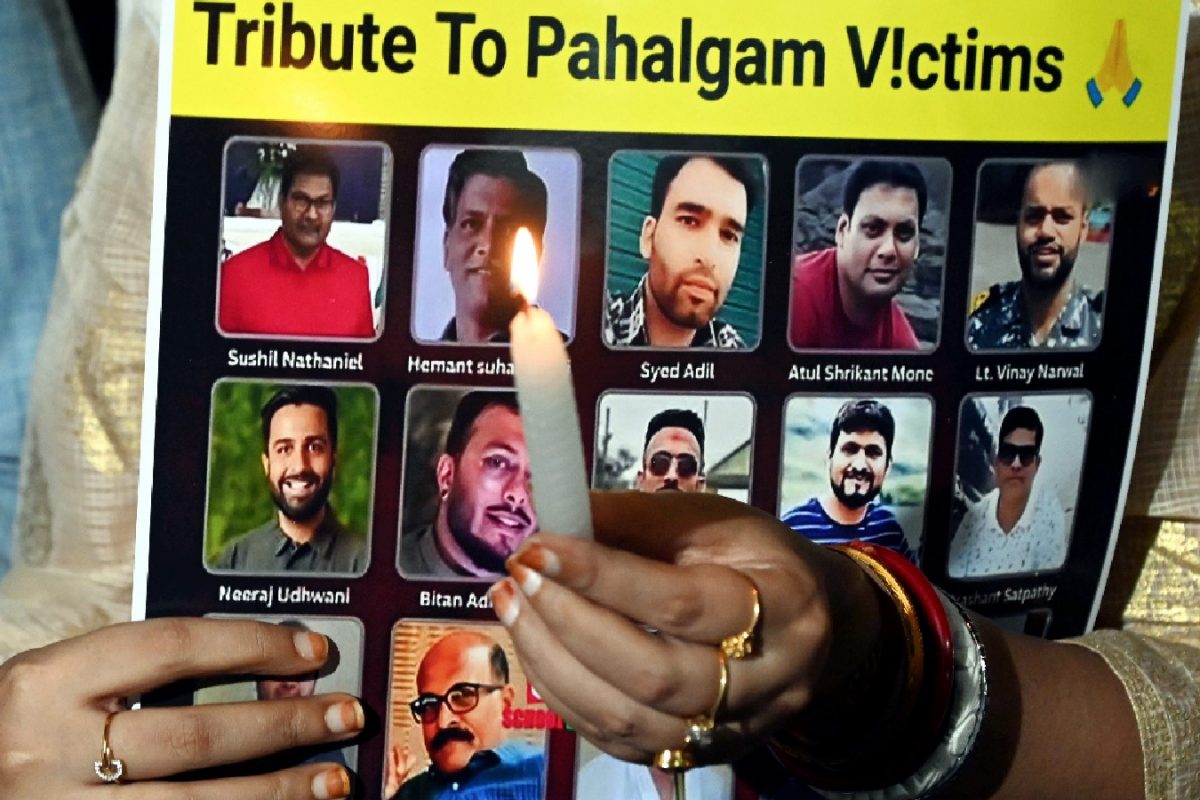

Following the recent escalation of tensions and military strikes between India and Pakistan in May 2025, triggered by a deadly terror attack in Pahalgam, India is embarking on a global diplomatic offensive to expose Pakistan's long-standing role in fostering terrorism. Multiple delegations comprising prominent leaders and parliamentarians from across the Indian political spectrum are being dispatched to key capitals around the world to present irrefutable evidence of Pakistan's involvement in cross-border terrorism over the past four decades.
The move comes in the wake of Operation Sindoor, India's retaliatory strikes against terror camps inside Pakistan, following the Pahalgam attack in which 26 Hindu tourists were killed. India has asserted that the terrorists involved were backed by Pakistan-based groups. While Pakistan has denied any involvement and called for an independent investigation, India maintains that it has provided enough evidence of "cross-border linkages."
The delegations will carry detailed dossiers documenting Pakistan's support to various terrorist organizations, including Lashkar-e-Taiba, Jaish-e-Mohammed, and Hizbul Mujahideen, which have been responsible for numerous attacks on Indian soil. The evidence is expected to include intercepted communications, financial transactions, and testimonies from captured terrorists, all pointing to the active involvement of Pakistani state actors in supporting and sponsoring these groups.
India aims to highlight how Pakistan has consistently used terrorism as an instrument of its foreign policy, causing immense damage to regional peace and stability. The delegations will emphasize that Pakistan's support for terrorism is not a recent phenomenon but a well-established pattern that has persisted for over 40 years.
India also plans to apprise the Financial Action Task Force (FATF) of the latest evidence related to terror bases in Pakistan that were destroyed during Operation Sindoor. Although FATF decision-making is based on technical compliance with anti-money laundering and counter-terrorism financing recommendations, India believes the "gruesome killings in Pahalgam" necessitate sharing information about the existing terror infrastructure in Pakistan with the international watchdog. India will highlight evidence of the Pakistani state machinery's patronage of banned terrorist organizations at all international forums.
This diplomatic outreach is not unprecedented. After the 2008 Mumbai attacks, India sent multi-party delegations to different continents with dossiers on Pakistan's links to the attacks. While India decided against military action then, the diplomatic offensive brought unprecedented international pressure on Pakistan to crack down on Lashkar-e-Taiba and other groups through the United Nations Security Council and Financial Action Task Force (FATF).
The move to send multi-party delegations reflects a national consensus on the need to confront Pakistan on the issue of terrorism. By including leaders from across the political spectrum, India aims to send a strong message to the international community that it is united in its resolve to fight terrorism and hold Pakistan accountable for its actions.
The delegations will engage with government officials, parliamentarians, think tanks, and civil society groups in various countries, seeking to build a united front against terrorism and isolate Pakistan diplomatically. They will also counter Pakistan's narrative and highlight the country's failure to take credible action against terrorist groups operating on its soil.
India's decision to aggressively pursue this diplomatic strategy signals a significant shift in its approach towards Pakistan. Prime Minister Modi has made it clear that India will not tolerate cross-border terrorism and will take all necessary measures to protect its security. This proactive approach, combined with a willingness to engage with the international community, reflects India's determination to hold Pakistan accountable for its support of terrorism and ensure regional stability.